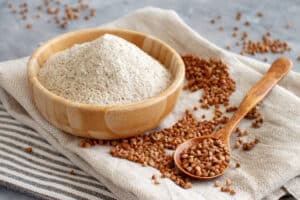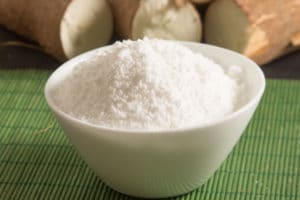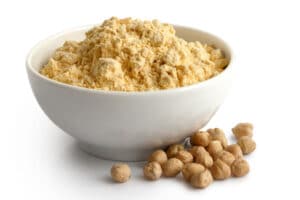Sorghum is a gluten-free grain used to make the popular Indian flatbread known as jowar roti. It’s a versatile flour to keep on hand and may also be used in a wide range of sweet and savory dishes. However, it might not be available in the area where you live.
Luckily, if sorghum isn’t accessible, there are alternative options. We’ve put together a list of gluten-free and nutritious flours that you can use in its stead that will make your dishes as smooth and fluffy as those made with sorghum.
We’ll define sorghum flour, discuss its alternatives, and conclude with a piece of advice on how to choose a replacement. Let’s get started, shall we?
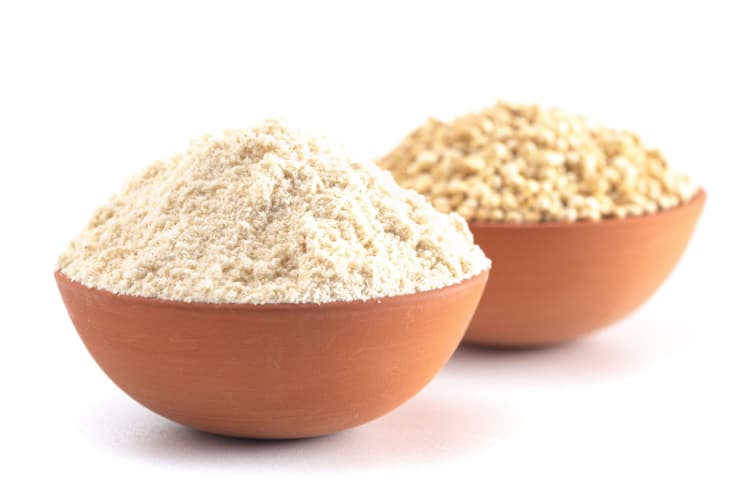
What Is Sorghum Flour?
Sorghum flour is the fifth most widely cultivated cereal grain worldwide, which makes it a very popular variety.
Sorghum grains are tiny, oblong, and come in a broad range of hues, with yellow and white being the most common.
Sorghum flour has a moderate, semi-sweet taste. Its smooth texture makes it the most adaptable ingredient for both sweet and savory recipes.
It may be used to make pasta, cakes, muffins, and bread loaves, but it also yields great cakes, muffins, and pastry dough.
Another upside of using this flour in your cooking and baking is that sorghum is highly nourishing. It has plenty of protein and carbohydrates, it’s gluten-free, and it’s rich in vitamins and minerals.
Sorghum Flour Substitute
- Oat flour
- Tapioca flour
- Almond flour
- Coconut flour
- Rice flour
- Quinoa flour
- Arrowroot flour
- Potato flour & Potato starch
Oat Flour
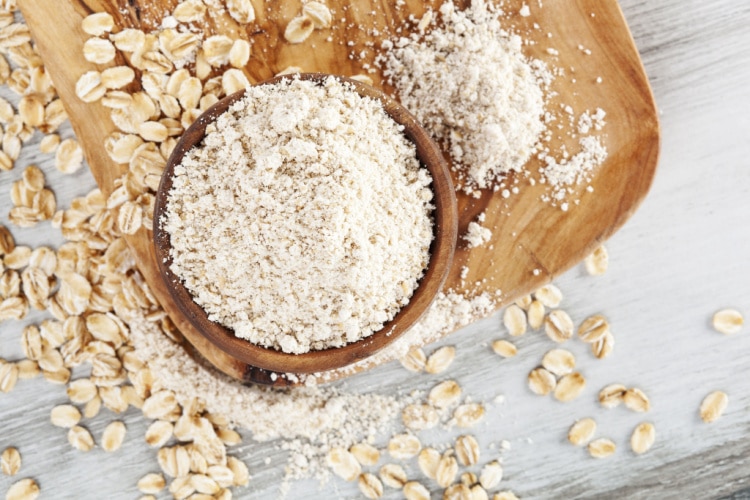
Oat flour should be your first choice if you’re looking for a suitable substitute for sorghum flour.
Oat flour is also gluten-free and tastes similar to sorghum flour. Another advantage of this variety is that it’s widely available, which means you can easily find it in your local grocery store.
Something you might not be aware of is that oat flour is not entirely white but slightly beige. It has a somewhat sweet and nutty flavor, but if you’re not a fan of its taste, you can easily disguise it with extracts and sweeteners.
An equivalent amount of sorghum flour can be substituted with one cup of oat flour.
If you can’t find oat flour either but would really like to use this substitute, you can use a food processor and make it at home. Simply purchase oats and process them till you have a powdery consistency.
Tapioca Flour
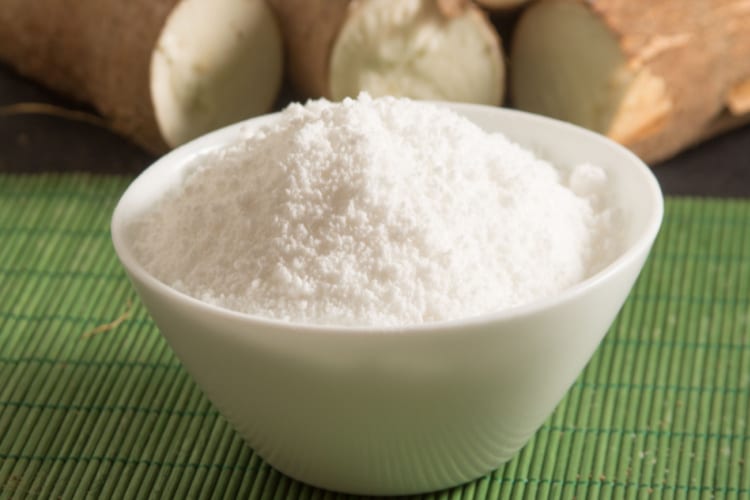
Tapioca flour is made from cassava roots, which are also known as yuca.
Tapioca flour has no distinct flavor, so you can play around with it and make various doughs. You might, for instance, add some agave nectar or simple syrup if you want it to be a little sweeter.
This alternative also works well as a binding agent in batters, giving pastries and cakes a wonderful, fluffy texture.
Tapioca flour also works well as a thickener in stews, gravies, and soups. Just do not use excessive amounts of it to avoid a sloppy and sticky texture. If your recipe requires large quantities of sorghum flour, tapioca may produce dense and rubbery batter when used in the same quantities.
Start with half a cup for one cup of sorghum flour and add more if needed.
Almond Flour
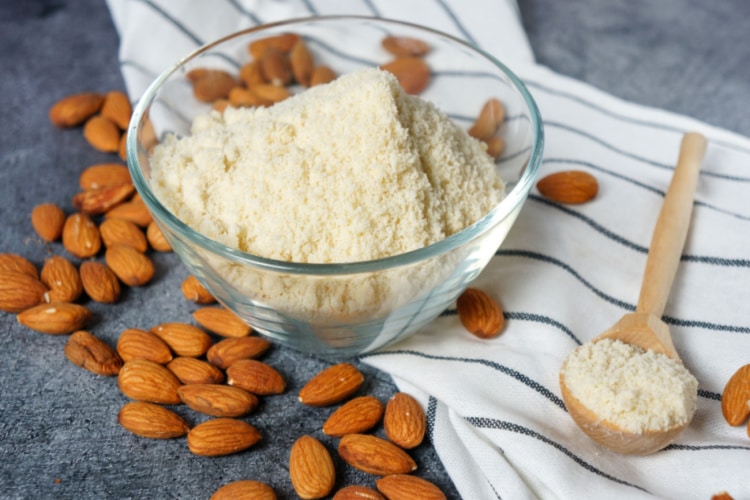
Many of us have likely used almond flour before, and for a good reason — when it comes to baked goods, it’s a match made in heaven.
The taste of almond flour, which is made from ground almonds, is deliciously nutty and somewhat sweet. Consequently, almond flour makes a great binding element for bread, muffins, cakes, and brownies.
To replace it, you may use one cup of almond flour instead of one cup of sorghum. When swapping, keep in mind that almond flour contains natural oil, so expect your dough to be more tender and moist.
Coconut Flour
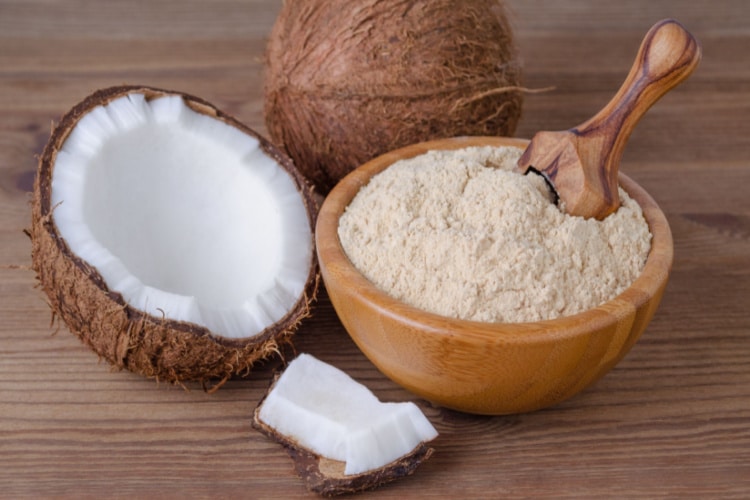
Coconut flour is made of ground coconuts. It’s naturally gluten-free and packed with nutrients.
It has a rough texture, as opposed to smooth powdered sorghum flour. Obviously, this variety has a pronounced coconut taste that you wouldn’t find in sorghum.
On the other hand, coconut flour doesn’t contain starch, so a 1:1 ratio should work well for more airy and fluffy batters. Coconut flour can be used for chocolate cake, banana pancakes with added coconut milk, brownies, and fluffy muffins.
Rice Flour

Another delicious alternative to sorghum flour is rice flour. As its name indicates, it’s a fine powder made from rice, and it’s another sorghum substitute on our list that’s gluten-free.
Rice flour can be found in brown and white varieties. Brown rice flour is an excellent option if you’re looking for a healthier alternative to sorghum. Compared to white rice, it’s less processed and has more fiber.
White rice flour is white, whereas brown rice flour is somewhat beige. Both are essentially flavorless and work well in place of sorghum in almost all recipes.
Just be sure to combine it with a gluten-free option like oat flour to prevent curdling up. The ratio should be half a cup of rice flour and half a cup of gluten-free flour for every cup of sorghum.
Quinoa Flour
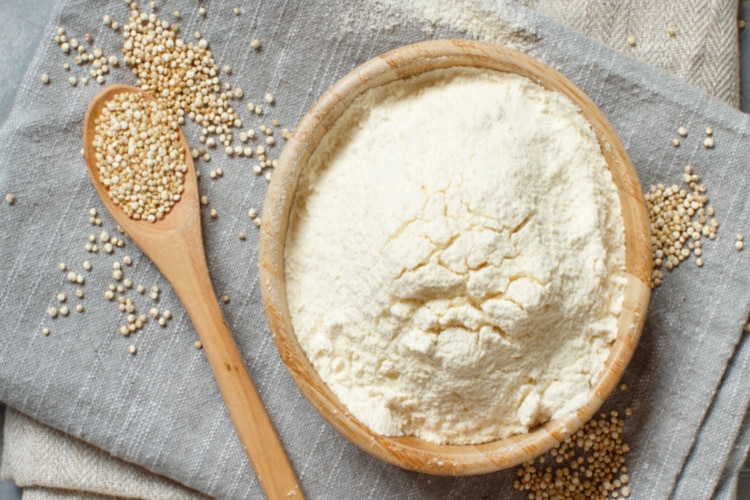
Quinoa flour, in our opinion, is somewhat of a novelty. It’s made from either white or red quinoa, and both of them affect the color of the flour.
The best part is that quinoa has a high protein content, allowing the dough to expand without the need for gluten proteins. As a result, it’s ideal for making bread and pasta dough!
The most important thing you should take into consideration with this alternative is the flavor. Many describe quinoa flour as having a bitter taste. The ratio is 1:1, but consider adding flavoring extracts, such as sugar or honey when you use it as a substitute if you want to neutralize some of its flavor.
Arrowroot Flour
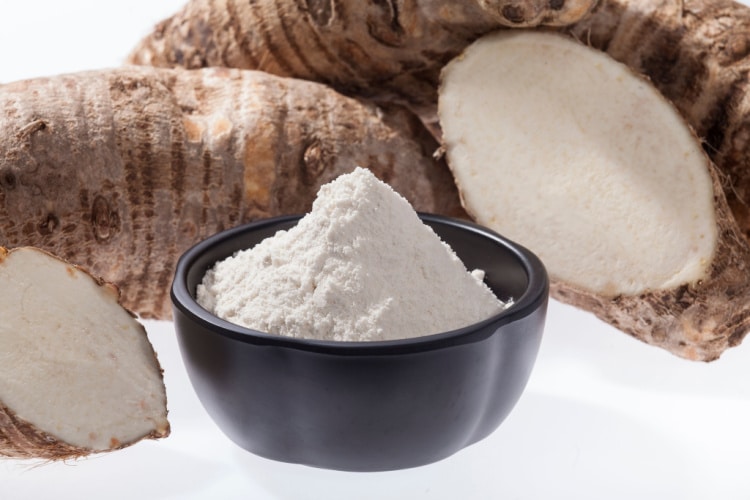
This next alternative is sometimes referred to as arrowroot starch and is created by drying and grinding the roots of several tropical Maranta arundinacea plants.
Arrowroot powder is gluten-free and wheat-free by nature. It has a light color and doesn’t affect the color of the batter, making it ideal for light-colored baking recipes.
This alternative will work best if you substitute it for sorghum flour in a 1:1 ratio.
Consider using it for cakes, muffins, or other sweet batter delicacies. Since it has a high starch content, it’s also amazing for thickening soups, like tomato soup or stews, like beef stew.
Potato Flour & Potato Starch
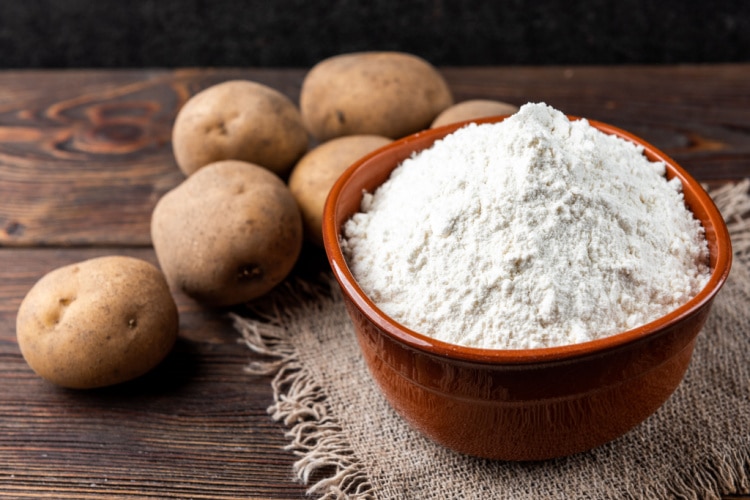
The majority of the starchy foods we eat are made of potatoes, be it mashed potatoes, french fries, chips, and even some varieties of pasta.
Additionally, there are two potato products that help in many kitchens throughout the world as a starchy ingredient: potato starch and potato flour. They also serve as fitting substitutes for sorghum flour.
Even though they are both made from potatoes, they are slightly different in composition. Potato flour is made from whole potatoes, whereas potato starch is simply starch extracted from potatoes that are dried and ground into a white powder.
Potato flour and starch can also be used as a thickening agent in sauces.
They are gluten-free, which makes them a good 1:1 substitute for sorghum flour in baked goods.
Sorghum Flour Substitutes Nutritional Profile
| 100g flour | Gluten | Calories | Fats | Carbs | Proteins | Fibers |
| Oat | No | 389 | 6.9g | 66.3g | 16.9g | 10.6g |
| Tapioca | No | 358 | 0.02g | 88.7g | 0.2g | 0.9g |
| Almond | No | 163 | 14.2g | 5.6g | 6.1g | 3g |
| Coconut | No | 433 | 14.4g | 34.1g | 19g | 22.6g |
| Rice | No | 366 | 1.42g | 80.1g | 6g | 2.4g |
| Quinoa | No | 120 | 1.9g | 21.3g | 4.4g | 2.8g |
| Arrowroot | No | 357 | 0.1g | 88.15g | 0.3g | 3.4g |
| Potato flour | No | 351 | 0g | 83g | 7g | 6g |
| Potato starch | No | 357 | 0.3g | 83g | 6.9g | 5.9g |
How to Choose the Best Substitute for Sorghum Flour
There are several sorghum flour alternatives, but not all of them work well as a substitute for this flour in every recipe. Hopefully, this guide can help you pick the best alternative for the particular recipe you’re following.
Which feature of sorghum flour do you want to substitute? Is it the gluten? Sorghum flour is a great gluten-free option, so only consider the gluten-free options on our list.
Gluten-free flours produce dense dough, so a sorghum gluten-free flour substitute should be used with lighter low-protein flours to offset the density.
Additionally, the overall look of the dish will change if the sorghum is substituted with darker flour. While this isn’t a big deal for certain recipes, it can be for others, e.g., cakes.
It’s also worth it to consider the flour’s texture. For instance, almond flour is rougher and heavier. This may alter the texture of your product. If you’re looking for a finer texture, stick to potato flour.
Sorghum flour also has a mild taste, so avoid flavored flour if you want your product to maintain its neutral flavor.
For instance, coconut and almond flour have a much more pronounced flavor than sorghum. If you want to mask the flavor of the alternative flour, you can add flavoring extracts, syrup, sugar, or honey.
Conclusion
There are many alternatives to sorghum flour. The true challenge is in deciding which one will function as the best replacement for the original recipe. At first sight, it might not seem easy to switch one gluten-free flour for another because they all have distinct qualities.
So which one is it? Do you want your flour to add flavor? If so, then coconut flour and almond flour are alternatives you should consider, especially in recipes for baked goods.
Quinoa flour, on the other hand, has a higher protein content than sorghum flour and produces a denser dough with less rise, making it ideal for muffins and brownies and a great pick if you’re looking to boost nutrition.
Medium-weight flours like oat flour and brown rice flour are most similar in texture to sorghum and, thus, the best overall alternatives.



